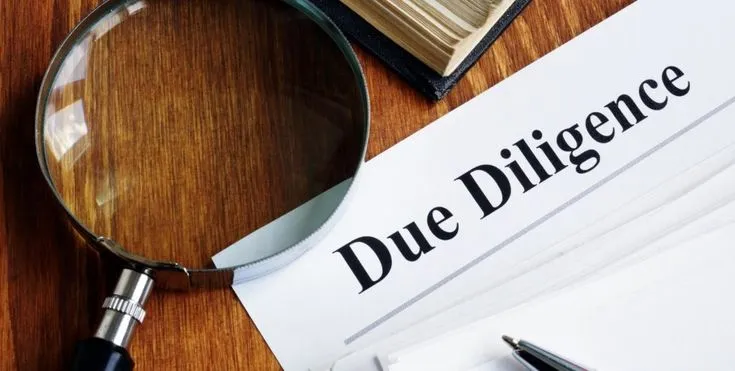

Understanding Due Diligence in Land Purchase:
A Comprehensive Guide by Sidai Group
Introduction
When it comes to buying land, the process of transferring ownership from a seller to your name is a critical and sensitive undertaking. To ensure a smooth transaction, a thorough assessment of the property is essential. This assessment is commonly known as Due Diligence. In this article, we delve into what due diligence entails, its importance, and practical steps to carry it out effectively.
What Is Due Diligence?
Due diligence is a systematic procedure that verifies and validates all relevant property details. It ensures that the property aligns with legal requirements and minimizes the risk of future conflicts. Let’s explore the key aspects of due diligence:

1. Verifying Ownership
Establishing the true owner of a piece of land is fundamental. Here’s how you can do it:
Land Registry Search: Begin by conducting a land search at the county government’s land registry office. This search provides crucial information:
- Legal Owner: Identify the legal owner(s) of the land.
- Parcel Size: Determine the exact size of the land.
- Location: Confirm the geographical location.
- Caution or Collateral: Check if the land has any caution (legal restrictions) or if it’s used as collateral for a loan.
Tip: While online searches are possible in some areas, visiting the land registry in person is often necessary. Obtain a copy of the title deed for comprehensive details.
2. Uncovering Transactions and Encumbrances
A thorough due diligence process also involves investigating past transactions and potential encumbrances:
- Transaction History: Look into the history of ownership changes through deeds. This helps you understand the land’s transfer process.
- Encumbrances: Identify any legal dues or encumbrances on the land. These could include mortgages, liens, or other claims.

3. Dispute Resolution
Preventing future disputes is crucial. Consider the following steps:
- Local Insights: Consult local authorities, such as village administrators or chiefs. They often have valuable information about land disputes or ongoing legal issues.
- Neighbor Input: Engage with neighbors. They may provide insights into any existing conflicts related to the land.
Why Is Due Diligence Important?
- Risk Mitigation: Due diligence minimizes the risk of purchasing a problematic property. It helps you avoid surprises after the transaction.
- Legal Compliance: Ensuring that all paperwork is in order prevents legal complications down the line.
- Financial Security: By understanding the property thoroughly, you protect your investment.
Conclusion
In the world of real estate, due diligence is your shield against unforeseen challenges. By following these steps and seeking professional advice, you can confidently navigate the land purchase process.
Remember: Knowledge is power, especially when it comes to acquiring property. Make informed decisions, and your investment will thrive.


